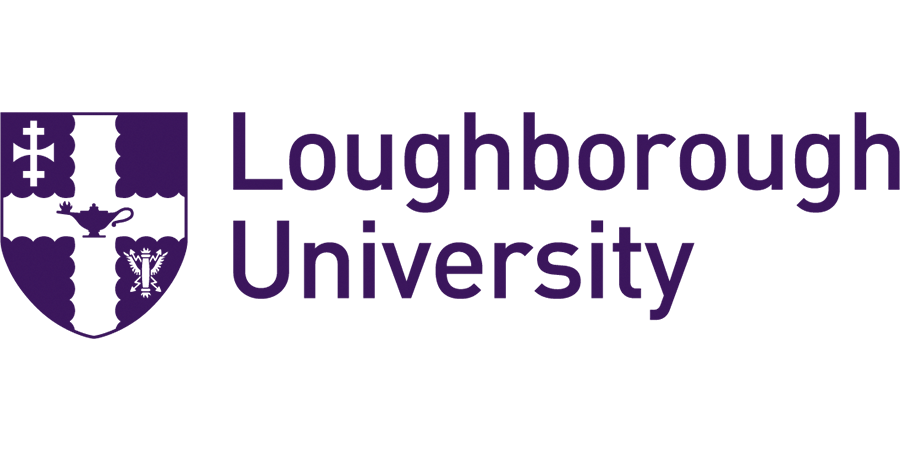PhD Studentship: AI-Driven Computer Vision for Automated Monitoring of Marine Biodiversity and Climate Impacts
Loughborough University - Computer Science
| Qualification Type: | PhD |
|---|---|
| Location: | Loughborough |
| Funding for: | UK Students, International Students |
| Funding amount: | £20,780 per annum |
| Hours: | Full Time |
| Placed On: | 22nd October 2025 |
|---|---|
| Closes: | 7th January 2026 |
| Reference: | CENTA2026-LU06 |
The rocky intertidal zone provides a natural laboratory for examining how abiotic stressors and species interactions shape ecological patterns. Species in this habitat are easily accessible and act as early indicators of anthropogenic and climate-driven change. However, limited understanding of the processes shaping species’ biogeographic distributions constrains our ability to predict ecological consequences and manage coastal systems effectively.
Since 2001, Marine Biodiversity and Climate Change Project (MarClim), led by the Marine Biological Association of the UK, has monitored rocky intertidal ecosystems at over 100 sites across the UK and northern France. Annual surveys have produced a unique long-term dataset on the abundance of 87 macroalgae and invertebrate species, revealing rapid climate-driven shifts in species distributions.
Currently, barnacles and other species are manually counted from over 3,000 images each year, which is time-consuming and prone to human error. This project will develop AI- and deep learning–based computer vision tools to automatically identify and quantify intertidal organisms. Beyond computer vision, it will leverage machine learning for large-scale, data-driven analyses to explore biodiversity trends, detect climate-induced shifts, and uncover ecosystem dynamics. The findings will advance predictive modelling and decision-support tools for sustainable coastal and marine ecosystem management in the changing climate.
Entry requirements:
Applicants will normally need to hold, or expect to gain, at least a 2:1 degree (or equivalent) in Computer Science, Engineering, or an appropriate master’s degree with good programming skills.
English language requirements:
Applicants must meet the minimum English language requirements. Further details are available on the International website.
Funding information:
This studentship, which is partially funded by NERC, provides a tax-free stipend of £20,780 per annum (in 2025/26) and tuition fees at the UK rate for 3.5 years. It also provides a Research Training Support Grant (RTSG) of £8,000. Due to UKRI funding rules, no more than 30% of the studentships funded by this grant can be awarded to international candidates, but successful international candidates will have the difference between the UK and international tuition fees provided by the University.
How to Apply:
- Complete a CENTA studentship application form in Word format (this is available under the ‘Our project-based studentships’ section).
- All applications should be made online. Under ‘Campus’, please select ‘Loughborough’ and select the Programme as ‘School of Science/Computer Science’. Please quote the advertised reference number ‘CENTA2026-LU06’ in your online application.
During the online application process, upload the CENTA studentship application form and a CV in addition to the other required minimum supporting documents. - The application closing date is midnight (UK time) on Wednesday 7 January 2026. Interviews for shortlisted candidates are expected to be held sometime in the period between Monday 2 February–Friday 13 February 2026.
Advert information
Type / Role:
Subject Area(s):
Location(s):









